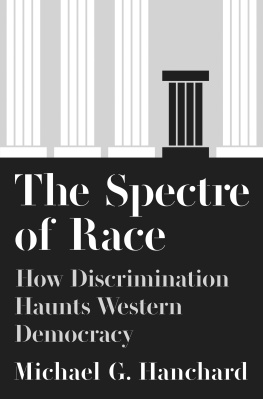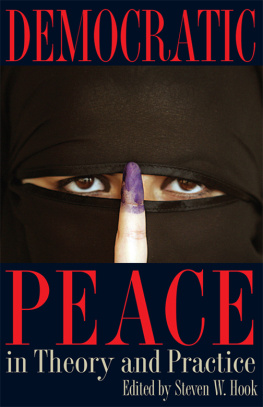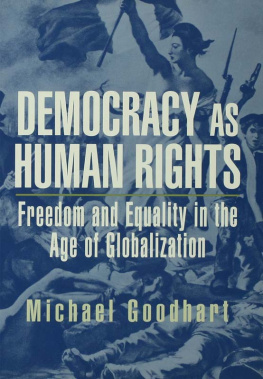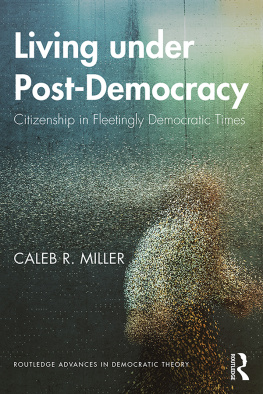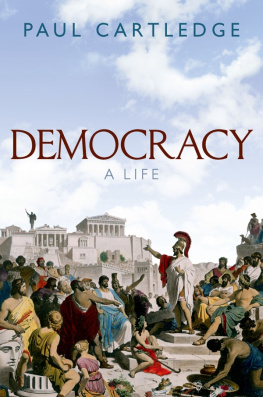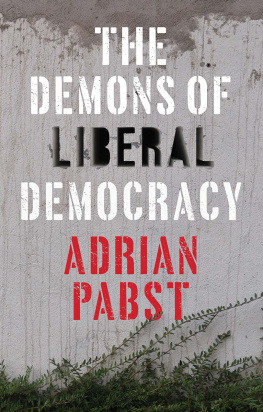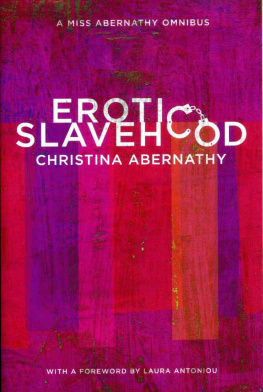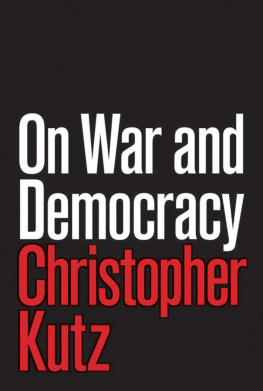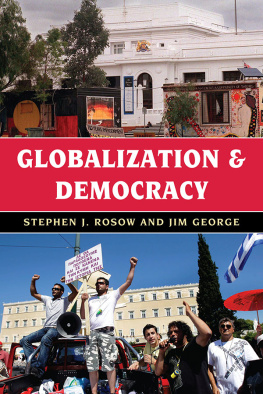
THE SPECTRE OF RACE
The Spectre of Race
How Discrimination Haunts Western Democracy
Michael G. Hanchard
PRINCETON UNIVERSITY PRESS
PRINCETON AND OXFORD
Copyright 2018 by Michael Hanchard
Requests for permission to reproduce material from this work should be sent to
Permissions, Princeton University Press
Published by Princeton University Press,
41 William Street, Princeton, New Jersey 08540
In the United Kingdom: Princeton University Press,
6 Oxford Street, Woodstock, Oxfordshire OX20 1TR
press.princeton.edu
Jacket design by Amanda Weiss
All Rights Reserved
ISBN 978-0-691-17713-7
Library of Congress Control Number: 2017956528
British Library Cataloging-in-Publication Data is available
This book has been composed in Adobe Text Pro and Gotham.
Printed on acid-free paper.
Printed in the United States of America
10 9 8 7 6 5 4 3 2 1
In Memoriam:
Mark Q. Sawyer (January 10, 1972March 26, 2017)
Que Vaya Bien, Hermano
CONTENTS
ACKNOWLEDGEMENTS
As is the case with most book projects, a community of disparate people helped me along the way. Several former and current students from the Johns Hopkins University and the University of Pennsylvania provided invaluable research assistance at different stages of manuscript preparation and development. At the Johns Hopkins University, Lauren Bovard, Casey McNeill, and Katherine Bonil helped with translation, tracking down primary materials, citations, and endnotes. Special thanks goes to Karina Christiansen, primary research assistant from the projects beginning to its completion. I am grateful for the competence, care, and companionship she provided during this process. At the University of Pennsylvania, Gabriel Salgado and Augusta Irele provided timely assistance in the final stage of manuscript preparation.
Given the range of primary sources and scholarly debates traversed in a project such as this, I am grateful for the helpful suggestions and critiques from colleagues in several disciplines. Colleagues at the Johns Hopkins University provided valuable insights and criticisms at several stages of the manuscripts development. Special thanks to historians Todd Shephard, Gabe Paquette, Nathan Connolly, Ken Moss, and Sara Berry. Ariane Chebel dAppollonia of Rutgers University helped me through some of the conceptual stakes in the French case and provided detailed comments on the earliest version of the manuscript. Thanks to Jane Guyer of the anthropology department for her insights into the subfield of political anthropology, and for her abundant wisdom and good humor.
Three anonymous reviewers for Princeton University Press, specialists on Britain, the United States, and classical Athens, helped me avoid several mistakes in my handling of empirics. Several workshops, speaker series, and forums provided an opportunity for feedback on the relationship between the larger claims of the book and available historical evidence. Thanks to Jennifer Brody, director of the Center for the Comparative Study of Race and Ethnicity at Stanford University, Vaughn Rasberry, Grant Parker, and workshop participants in attendance. The Multicultural Center at the University of Santa Barbara and the Center for International Studies at UC Davis provided opportunities to present portions of the manuscript. Thanks to longtime friends and supportive colleagues, Edward Telles and Howard Winant (UCSB), and Kamal Sadiq and Cecelia Lynch (UC Davis) for the opportunity. An early version of the chapter on E.A. Freeman and comparative politics was delivered as part of the W.E.B. Du Bois Lectures in 2014 at the Hutchins Center of Harvard University. Thanks to Henry Louis Gates Jr. for the opportunity to present my work to a larger audience.
Kathleen Thelen of MIT and Robert Vitalis of the University of Pennsylvania provided generous comments on . I am thankful for a close reading by George Reid Andrews at the University of Pittsburgh, who pointed out the connections between the development of a discipline of comparative politics and the development of the discipline of history. Zita Nunes provided helpful suggestions on several drafts of the manuscript and led me to the implications of comparative methodologies in the realm of literature.
Thanks to Abdoulaye Gueye, of the University of Ottowa, for the suggestion that I incorporate some discussion of independent black political organizations and social movements in France after World War II. Stephen Small, sociologist at UC Berkeley, traveling and teaching companion in Brazil and elsewhere, helped clarify the empirics in my interpretation of France and Britain, and as a result made the comparisons across cases sharper and better delineated. Historian Tessie Liu at Northwestern University introduced me to the intense debates within France during the French Revolution about the institution of slavery and colonialism. Her comments on the chapter on difference and polity and additional references for suggested readings helped me understand the layers of complexity in the French case that I was previously unfamiliar with.
My 20142015 sabbatical year at the Institute for Advanced Study in Princeton provided an ideal opportunity to develop this project in an extremely supportive and energizing environment. IAS faculty at the School of Social Science were generous with their time, encouragement, and rigor. Joan Scott and Danielle Allen buoyed my spirit and encouraged me to sharpen the contours of my argument with increased historical nuance of materials on the French and Haitian Revolutions, classical Athens, and the gendered dimensions of racialized dynamics. Didier Fassin provided incisive, probing suggestions and counterarguments. Sophia Rosenfeld and Jennifer Morgan, members of my 20142015 cohort, provided detailed suggestions on several chapters of the manuscript in addition their comments within our seminar on Egalitarianisms led by Danielle Allen. Nolan McCarty, corridor neighbor and fellow political scientist, provided generative insights and counterarguments about democracy with respect to the literatures in political science and the US case in particular.
Political theorist Demetria Kasimis cautionary suggestions about the complexities of slavery and citizenship in classical Athens after the Persian Wars helped me avoid errors in fact and interpretation. Jill Frank, political theorist at Cornell University, was extraordinarily generous in providing much needed contextualization in my treatment of citizenship in classical Athens. Thanks to you both for your time and expertise.
Robert Heubeck of the Gilman School in Baltimore, thanks for the inspiration. Mitch Duneier has been an extraordinarily generous friend and colleague, beginning with the suggestion that I return to Princeton University Press, my first academic publisher, and reunite with Peter Dougherty, my first editor. Eric Crahan has been an attentive, meticulous editor who, along with one of the anonymous reviewers, convinced me that my book was as much about the history of political inequality in democracy as it was a book about comparative politics.
Thanks to my immediate family, Zita Nunes, Mattias Hanchard, and Jenna Hanchard for their abiding love and support, and my extended family of Nathan Connolly, Shani Mott, and Elijah, London, and Clarke Connolly for making me part of their own.
THE SPECTRE OF RACE
Introduction
HOW DISCRIMINATION HAUNTS WESTERN DEMOCRACY
This book is principally intended for two audiences, one within the discipline of political science, and a broader audience interested in understanding the interrelationship of racism, institutions, and modern politics. One central concern is the importance of comparison as a fundamental endeavor in human deliberation. Another is the implications of comparative analysis for both scholarship and public deliberation about the capacity for people in diverse societies to convene productively and creatively in a political community. Goethe, the great German writer, once proclaimed that idiots compare, his way of contrasting in-depth assessment of a singular event to produce universal meaning with what he considered a superficial gloss on a range of disparate phenomena. Goethes proclamation notwithstanding, however, people across the spectrum of human intelligence necessarily engage in some form of comparison as a means to identify an object on its own and to distinguish that object from other objects.
Next page
